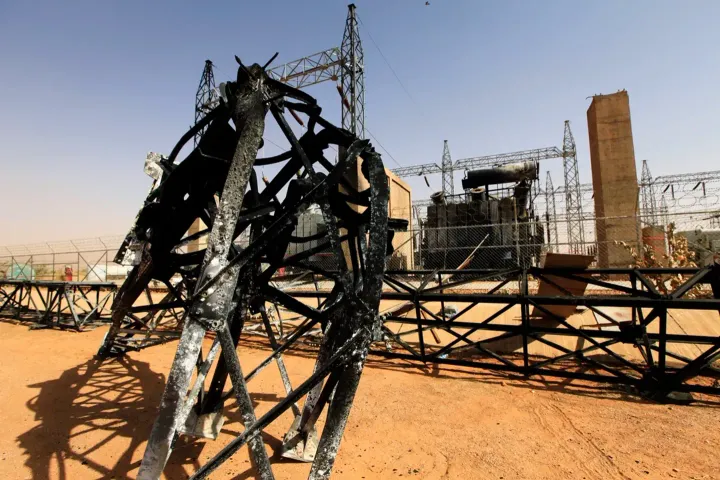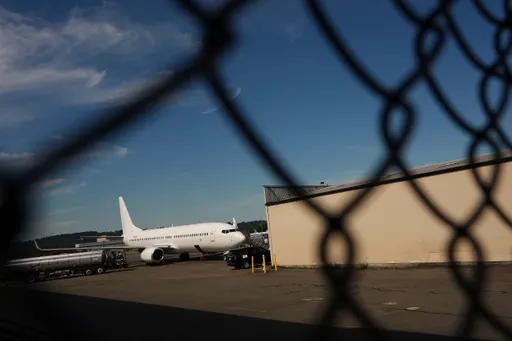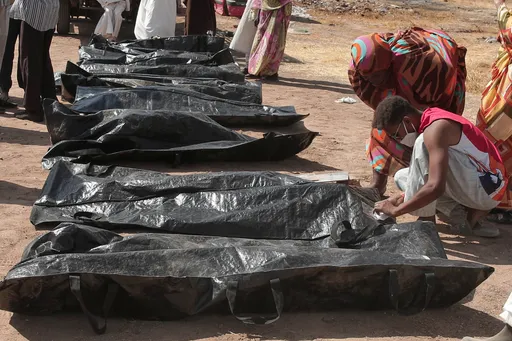Nigeria is once again grappling with the devastating aftermath of a fuel tanker explosion, this time in Niger State, where 86 lives were lost and 55 others injured on Saturday.
Abdullahi Baba-Arah, Director-General of the Niger State Emergency Management Agency (NSEMA), provided the updated figures, adding that most victims were buried in a mass grave.
The pattern is tragically familiar: an overturned fuel tanker, a rush of people eager to collect the spilt fuel, and a catastrophic explosion.
Despite repeated warnings from Nigerian authorities about the extreme dangers of this practice, the scenes repeat themselves with alarming regularity.
A History of Tragedy
This recent explosion is not an isolated incident. Nigeria has witnessed several similar tragedies in recent times.
October 15, 2024 (Majiya, Jigawa State): This remains one of the deadliest incidents, claiming 209 lives and injuring 124. The high casualty count was directly linked to the large crowd that gathered to scavenge fuel after the tanker overturned.
October 2024 (Jigawa State):Shockingly, another fuel tanker explosion occurred in Jigawa State just days after the Majiya disaster, under similar circumstances, compounding the devastating loss of life from scooping fuel from fallen fuel tankers.
January 2025 (Niger State): The most recent incident, with 86 fatalities, further underscores the persistent nature of this problem.
January 2025 (Delta State): While not directly related to fuel scavenging, this incident, where a tanker crash resulted in at least five deaths, highlights the inherent dangers of fuel transportation.
September 2024 (Niger State): This incident, where a tanker collided with a truck carrying passengers and cattle, killing 59, demonstrates that even without fuel scavenging, tanker accidents can have devastating consequences.
Web of Factors
Economic hardship is perhaps the most significant underlying factor is widespread poverty and economic hardship.
This desperation has been exacerbated by recent economic reforms, including the removal of fuel subsidies, which has led to a dramatic increase in fuel prices.
Analysts say these policies, while intended to strengthen the economy, have pushed millions further into poverty, forcing them to resort to desperate measures for survival.
➤Click here to follow our WhatsApp channel for more stories.










.JPG?width=512&format=webp&quality=80)










